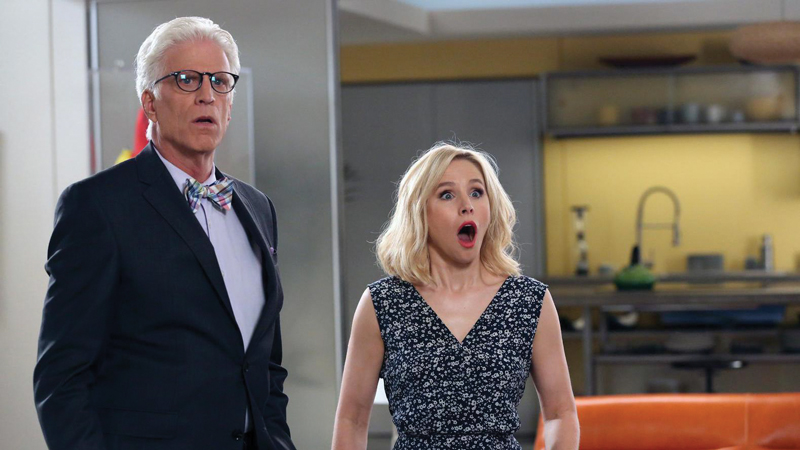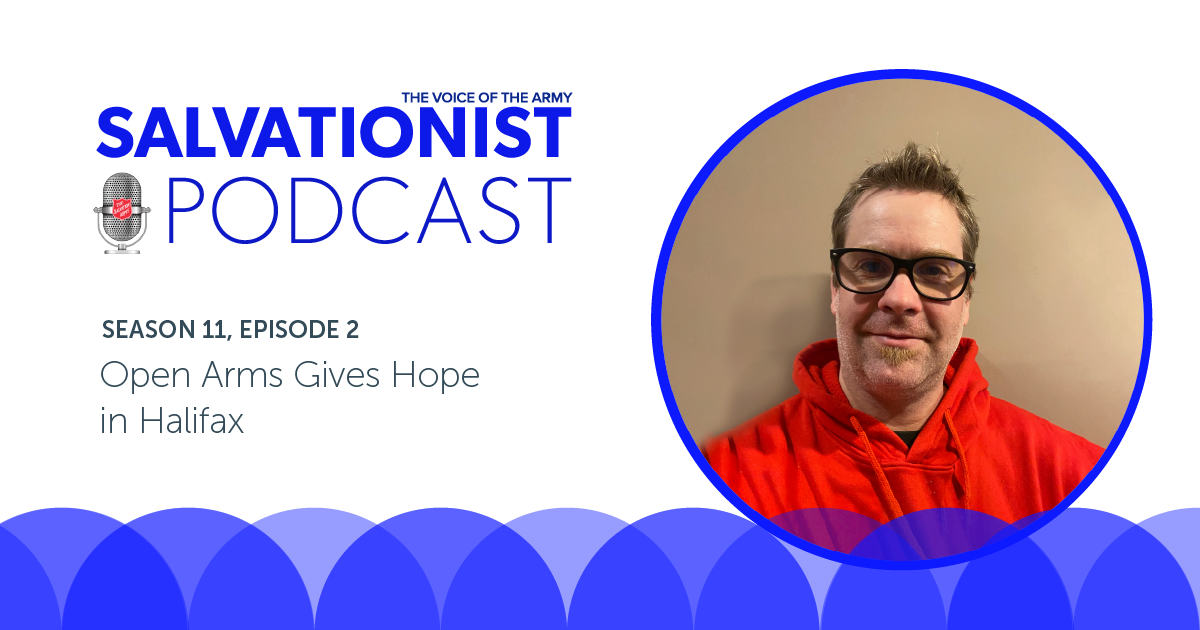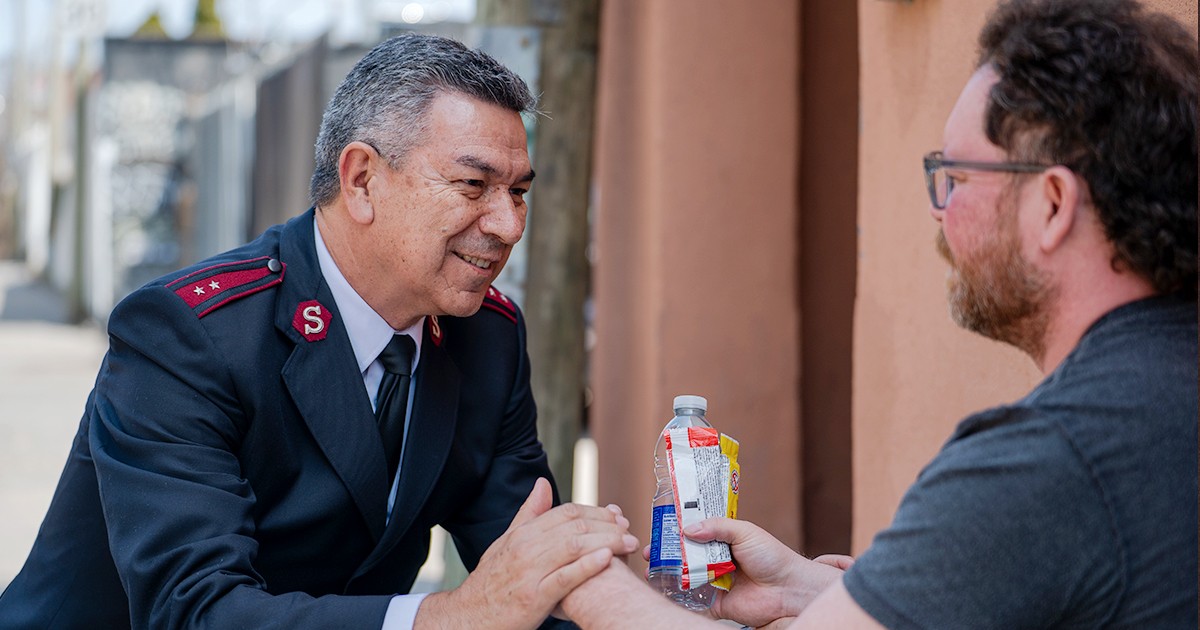"Welcome! Everything is fine.” Eleanor Shellstrop (Kristen Bell) wakes up, as if from a dream, sitting on a couch in an unfamiliar room with those words emblazoned on the wall opposite from her. A well-dressed white-haired man named Michael (Ted Danson) ushers her into his office where she learns that she is dead, her life has been evaluated and, lucky for her, she is going to The Good Place.
Only there’s been a mistake. Contrary to what Michael says, Eleanor was not a human rights lawyer who devoted her life to helping death-row inmates; she was a salesperson who sold seniors questionable nutritional supplements. Her efforts to avoid being found out and keep her spot in paradise are chronicled in the TV comedy The Good Place, now in its second season.
To help her on her quest, Eleanor has Chidi Anagonye (William Jackson Harper), her assigned “soulmate.” Chidi, a university professor specializing in moral philosophy, agrees to teach her ethics to hopefully give her a chance to earn a legitimate spot in The Good Place.
That unusual premise makes The Good Place unique in today’s TV landscape: more than just making people laugh, it strives to make people think. As Bell commented in an interview with Vulture, “Once you capture someone’s attention with the laughter, you do find these spots where you can insert these moral or ethical examinations.”
For The Good Place, the primary ethical question is, What does it mean to be good? Chidi diagnoses Eleanor’s problem immediately, telling her, “You are too selfish to ever be a good person.” And sure enough, Eleanor fails her first opportunity to show that she can put the neighbourhood’s needs above her own desires.
On her first night in The Good Place, Eleanor gets drunk at the welcome party and eats all the shrimp. The next day, the neighbourhood is attacked by giant flying shrimp, ladybugs, frogs and more. When Chidi convinces her that the chaos is her fault—she is the flaw that’s throwing the whole neighbourhood off—he suggests that she take part in the clean-up efforts. Only to do so, she must forego her opportunity to try flying. Unsurprisingly, Eleanor shirks her duties and goes flying, resulting in a trash storm.
Yet later that night, after everyone else has gone to bed, Eleanor gets up and spends the night picking up trash. She admits to Chidi that she did it because she felt remorse for her actions: “It was a weird feeling, not used to it, didn’t love it.” For Eleanor, it’s the first demonstration that she is capable of change.
As the first season continues, viewers are given flashbacks to Eleanor’s time on earth that demonstrate just how selfish she can be. In one episode, she borrows a friend’s dress without asking, rips it, and then doesn’t speak up when her friend blames her drycleaners. In another flashback, Eleanor abandons a dog she is supposed to be looking after while a friend is away, in order to go to Vegas. Each episode, however, the flashbacks are paired with parallel situations in The Good Place where Eleanor chooses differently.
The ethical framework of The Good Place is based on philosopher Immanuel Kant’s Categorical Imperative: essentially, “Treat others how you wish to be treated.” (Or, as Kant phrases it, “Act only in accordance with that maxim through which you can at the same time will that it become a universal law.”) It echoes the second half of Jesus’ greatest commandment: to love our neighbours as we love ourselves (see Mark 12:31).
Yet The Good Place goes further than Kant, suggesting that doing good, in itself, is not enough if you are doing the right thing for the wrong reasons. Though this is a running theme throughout the show, it is explored in depth in the episode, “What’s My Motivation?” in which Eleanor tries to improve her “good” score by holding a party for everyone in the neighbourhood and apologizing for her actions. Her score remains unchanged, however, as her primary motivation was to save herself from The Bad Place.
First and foremost, The Good Place is a comedy—and much like executive producer Michael Schur’s other TV shows (such as The Office and Brooklyn Nine-Nine), it provides plenty of laughs. But Eleanor’s journey also holds up a mirror to our own lives—to remind us that love is not self-seeking but self-sacrificing, and every decision matters.
The first season of The Good Place is available on Netflix. Season 2 is now airing on Global TV.
Only there’s been a mistake. Contrary to what Michael says, Eleanor was not a human rights lawyer who devoted her life to helping death-row inmates; she was a salesperson who sold seniors questionable nutritional supplements. Her efforts to avoid being found out and keep her spot in paradise are chronicled in the TV comedy The Good Place, now in its second season.
To help her on her quest, Eleanor has Chidi Anagonye (William Jackson Harper), her assigned “soulmate.” Chidi, a university professor specializing in moral philosophy, agrees to teach her ethics to hopefully give her a chance to earn a legitimate spot in The Good Place.
That unusual premise makes The Good Place unique in today’s TV landscape: more than just making people laugh, it strives to make people think. As Bell commented in an interview with Vulture, “Once you capture someone’s attention with the laughter, you do find these spots where you can insert these moral or ethical examinations.”
For The Good Place, the primary ethical question is, What does it mean to be good? Chidi diagnoses Eleanor’s problem immediately, telling her, “You are too selfish to ever be a good person.” And sure enough, Eleanor fails her first opportunity to show that she can put the neighbourhood’s needs above her own desires.
On her first night in The Good Place, Eleanor gets drunk at the welcome party and eats all the shrimp. The next day, the neighbourhood is attacked by giant flying shrimp, ladybugs, frogs and more. When Chidi convinces her that the chaos is her fault—she is the flaw that’s throwing the whole neighbourhood off—he suggests that she take part in the clean-up efforts. Only to do so, she must forego her opportunity to try flying. Unsurprisingly, Eleanor shirks her duties and goes flying, resulting in a trash storm.
Yet later that night, after everyone else has gone to bed, Eleanor gets up and spends the night picking up trash. She admits to Chidi that she did it because she felt remorse for her actions: “It was a weird feeling, not used to it, didn’t love it.” For Eleanor, it’s the first demonstration that she is capable of change.
As the first season continues, viewers are given flashbacks to Eleanor’s time on earth that demonstrate just how selfish she can be. In one episode, she borrows a friend’s dress without asking, rips it, and then doesn’t speak up when her friend blames her drycleaners. In another flashback, Eleanor abandons a dog she is supposed to be looking after while a friend is away, in order to go to Vegas. Each episode, however, the flashbacks are paired with parallel situations in The Good Place where Eleanor chooses differently.
The ethical framework of The Good Place is based on philosopher Immanuel Kant’s Categorical Imperative: essentially, “Treat others how you wish to be treated.” (Or, as Kant phrases it, “Act only in accordance with that maxim through which you can at the same time will that it become a universal law.”) It echoes the second half of Jesus’ greatest commandment: to love our neighbours as we love ourselves (see Mark 12:31).
Yet The Good Place goes further than Kant, suggesting that doing good, in itself, is not enough if you are doing the right thing for the wrong reasons. Though this is a running theme throughout the show, it is explored in depth in the episode, “What’s My Motivation?” in which Eleanor tries to improve her “good” score by holding a party for everyone in the neighbourhood and apologizing for her actions. Her score remains unchanged, however, as her primary motivation was to save herself from The Bad Place.
First and foremost, The Good Place is a comedy—and much like executive producer Michael Schur’s other TV shows (such as The Office and Brooklyn Nine-Nine), it provides plenty of laughs. But Eleanor’s journey also holds up a mirror to our own lives—to remind us that love is not self-seeking but self-sacrificing, and every decision matters.
The first season of The Good Place is available on Netflix. Season 2 is now airing on Global TV.










Leave a Comment